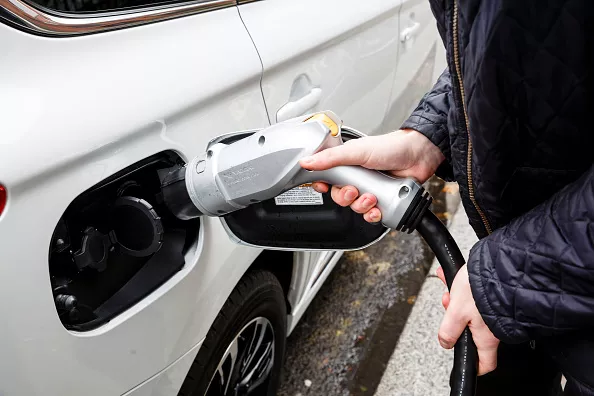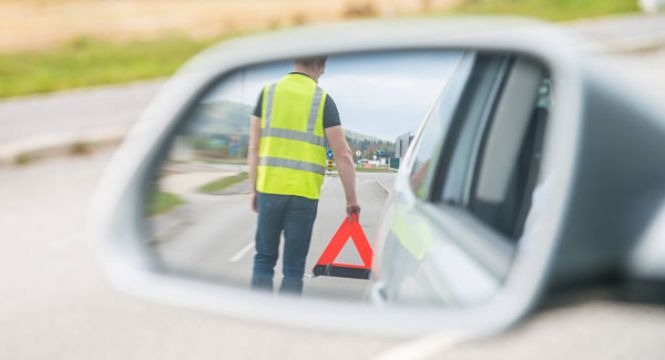Which?, the consumer advocacy magazine, has published its annual motoring review and has named its most, and least, reliable cars.
Rolling into the winner’s enclosure is the Mazda MX-5: Which? names it as the "most reliable older car you can buy". For older MX-5 models, Which? noted that its readers and members could not report a single incident of an MX-5 suffering an actual breakdown, while only one quarter of owners reported any fault at all.
On top of that, the current generation of MX-5 (launched in 2015) was named as Which?’s most reliable car of up to three years old. “Whatever Mazda is putting into its enjoyable, affordable sports cars, it’s working,” said Which?’s car expert, Adrian Porter.
It was more or less a Japanese clean sweep, as the two other most reliable cars, according to reports from Which? members, were the 2009-2018 Toyota Verso MPV and the 2008-2015 Honda Jazz.
Japanese manufacturers utterly dominated the top of the table for car brands when it came to reliability — the top ten, as published by Which? reads: Lexus, Toyota, Suzuki, Honda, and Mazda as the top five.
There’s then a Korean interloper, Hyundai, in sixth place, followed by Mitsubishi in seventh, and the other big Korean car brand, Kia, in eighth. The best-performing European brand was Porsche, in ninth place, followed by Mini in tenth.
Peugeot — which has been doing well in reliability surveys of late — rated in 11th place, above such quality-focused brands as BMW, Mercedes, Skoda and Volkswagen. Somewhat astonishingly, Fiat actually finished above Volkswagen in Which?’s table.
At the bottom, in terms of brands, were Land Rover in last place, Seat in second last, and a surprise at third-from bottom; Subaru. It seems that Subaru’s cars perform strongly in reliability terms from new to eight years old, but then tail off rapidly after that.
The worst-performing individual cars were the 2007-2013 Citroen C4 Picasso (stymied by breakdowns or failures to start for one in five owners, plus commonly-reported issues with clutches); the Volkswagen Golf Estate made from 2007-2013 (its owners spent an average of two days off the road with suspension and fuel system issues); and the 2007-2013 Nissan Qashqai, which belied its Japanese badge with “reliability that falls off a cliff once you’re past eight years of age” according to Which?. Suspension, fuel systems, and exhausts were the chief Qashqai culprits.
Hybrid promises
For those thinking of going electric, there was both good and bad news. The good news is that electric car batteries seem to be robust and long-lasting.
According to Which?’s survey of more than 1,000 electric car owners, battery range seems to drop by only eight per cent over six years, from an average of 303km range when fully-charged (according to Which?’s laboratory tests) to an average of 279km.

However, when it comes to plugin-hybrids and hybrids, Which? had some sharp words for car makers, saying that they are dramatically over-promising their cars’ running costs. For example, a BMW X5 40e PHEV plugin-hybrid, going by BMW’s claimed fuel economy figures, should only cost around €290 a year in fuel.
According to Which?, which tests PHEVs over a more gruelling course to determine their real-world fuel economy, that same X5 PHEV would actually cost you €1,500 in fuel costs in one year.
Equally, against a claimed cost of around €270 per year in fuel, Which? found that a Toyota Prius PHEV plugin hybrid would cost almost the same in fuel as the big BMW.
Don’t feel smug if you drive a diesel, though. Which? found that for cars beyond nine years old, 11 per cent of diesel drivers reported at least one breakdown, as opposed to eight per cent for petrol owners.
It also reported that 57 per cent of diesel-engined cars had two faults that needed a trip to the garage to fix, compared to 48 per cent for petrol cars (those figures may well be skewed, though, by the fact that diesel cars tend to complete higher mileages than petrol cars).







